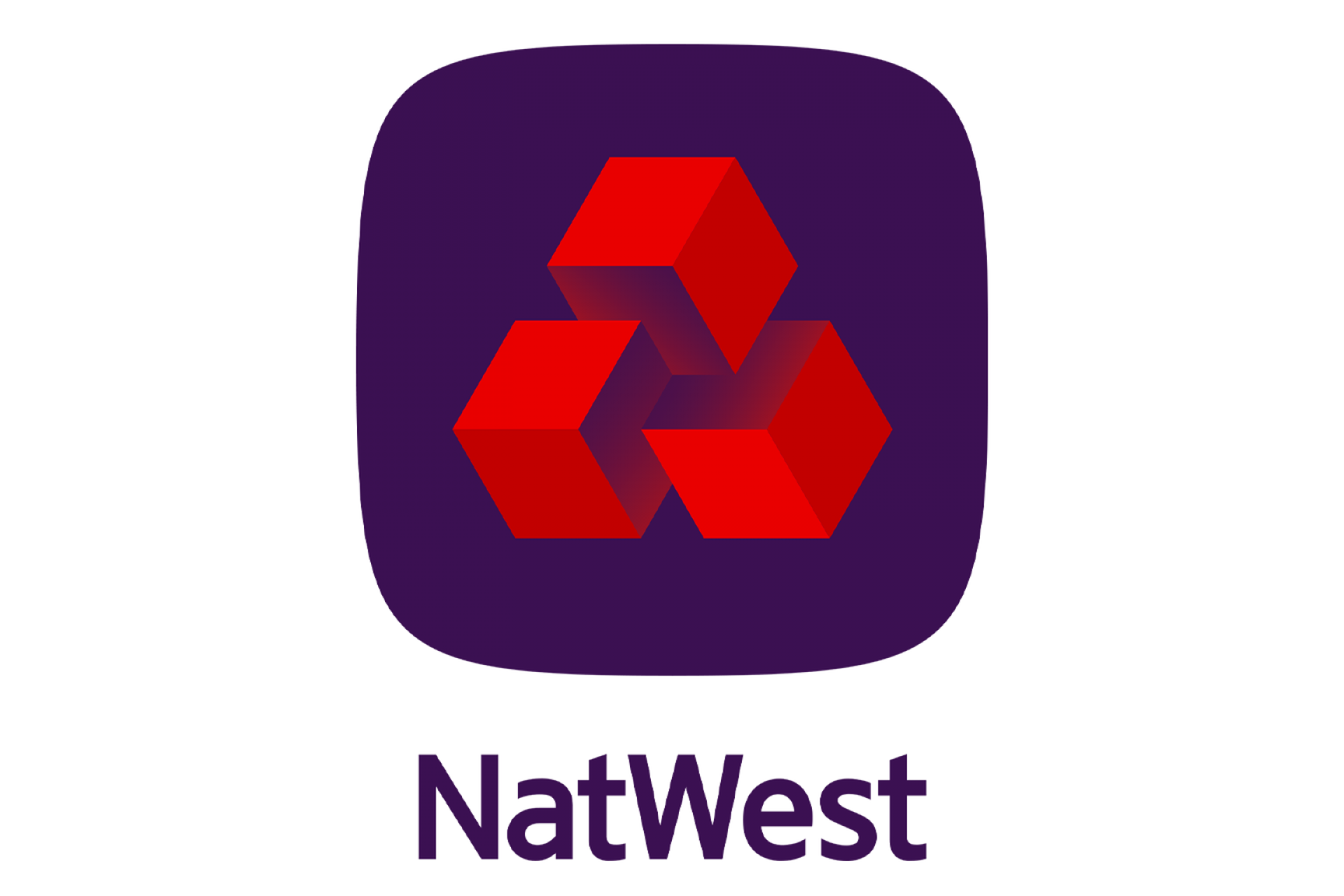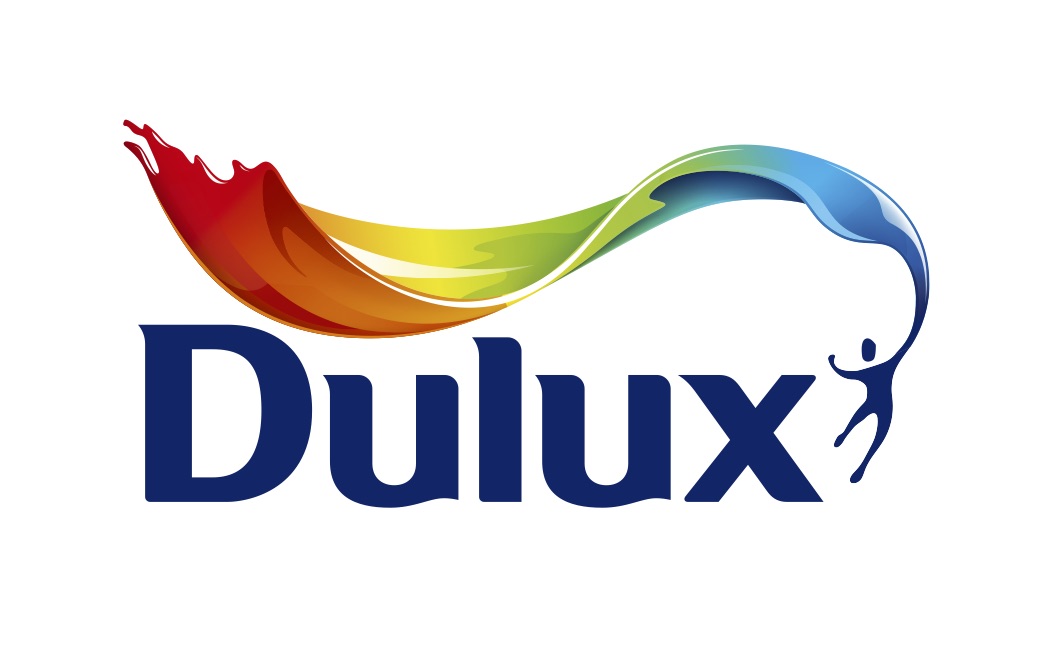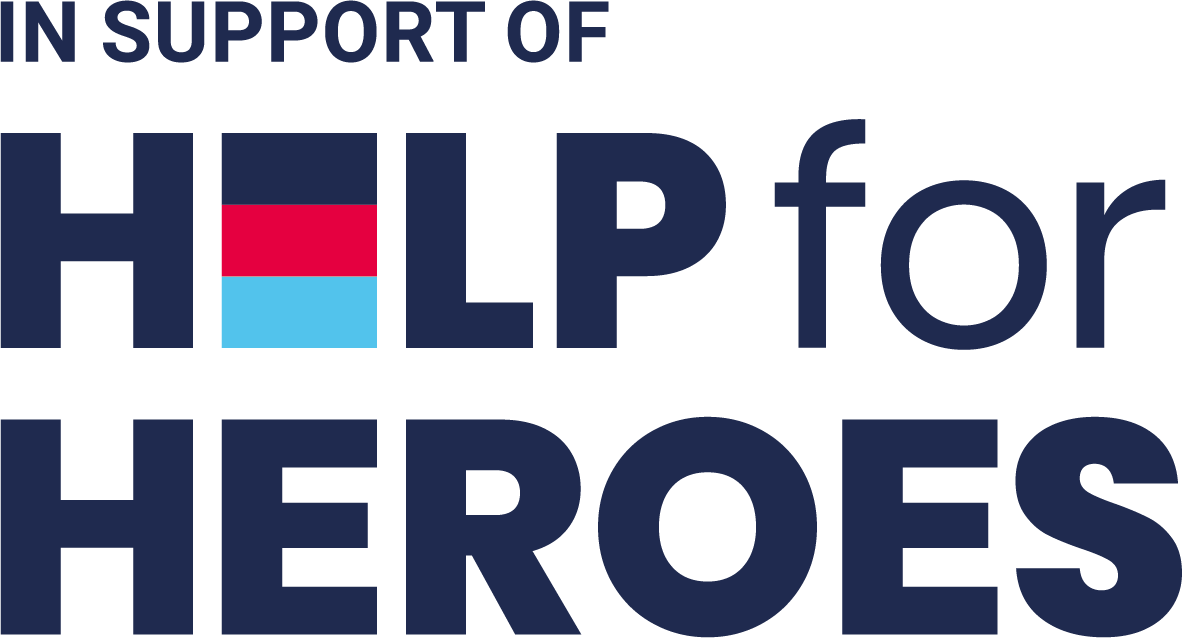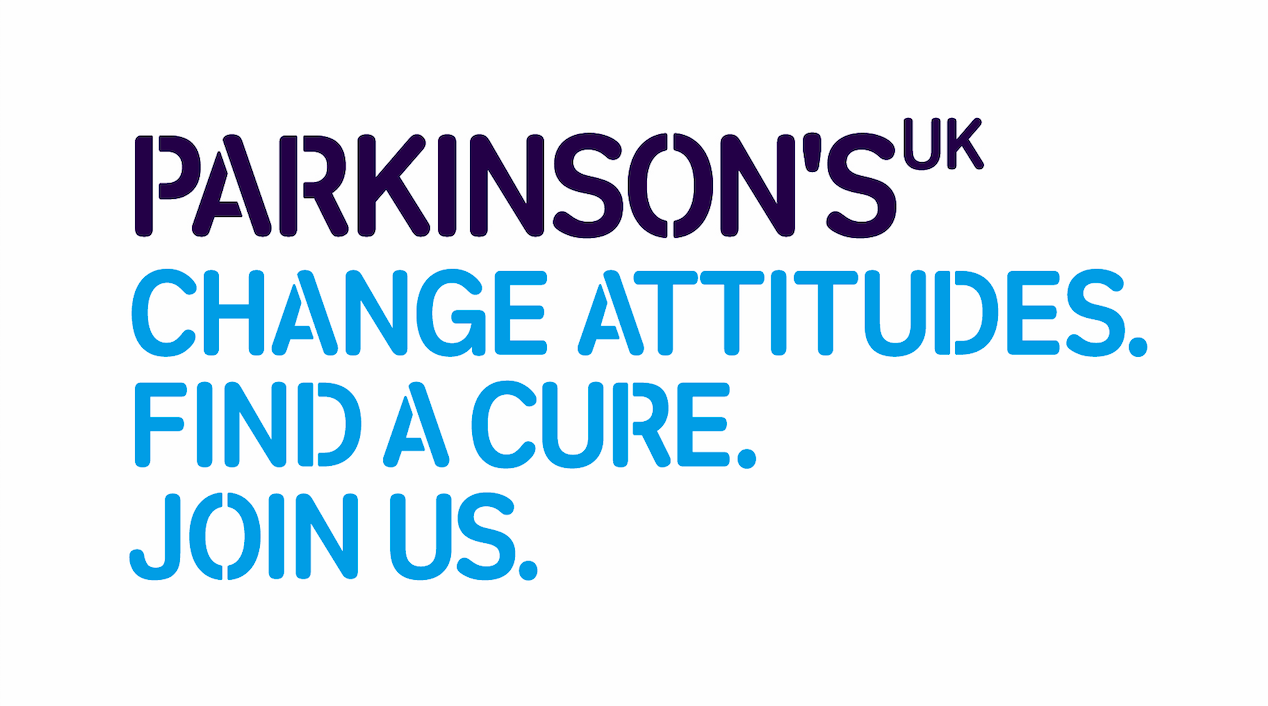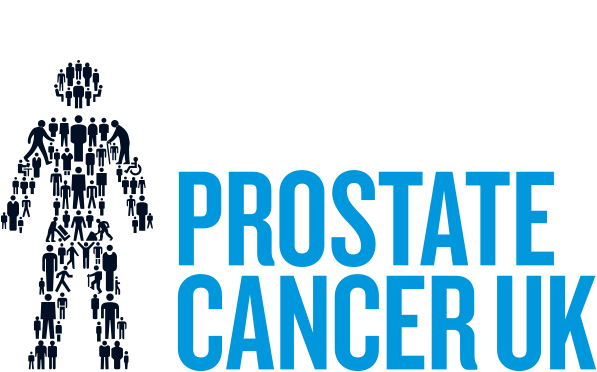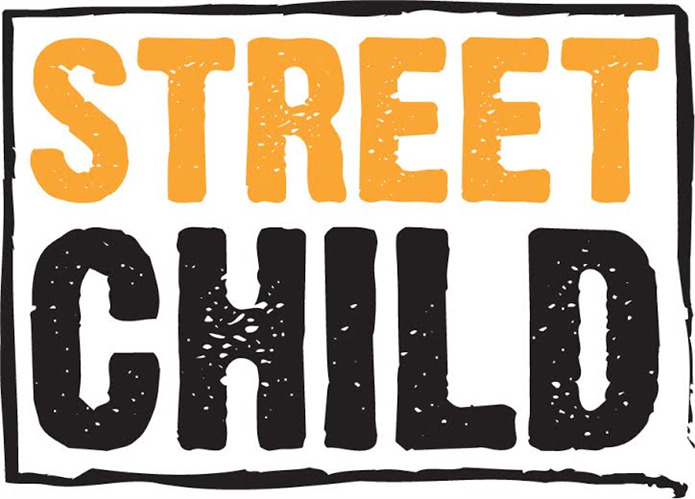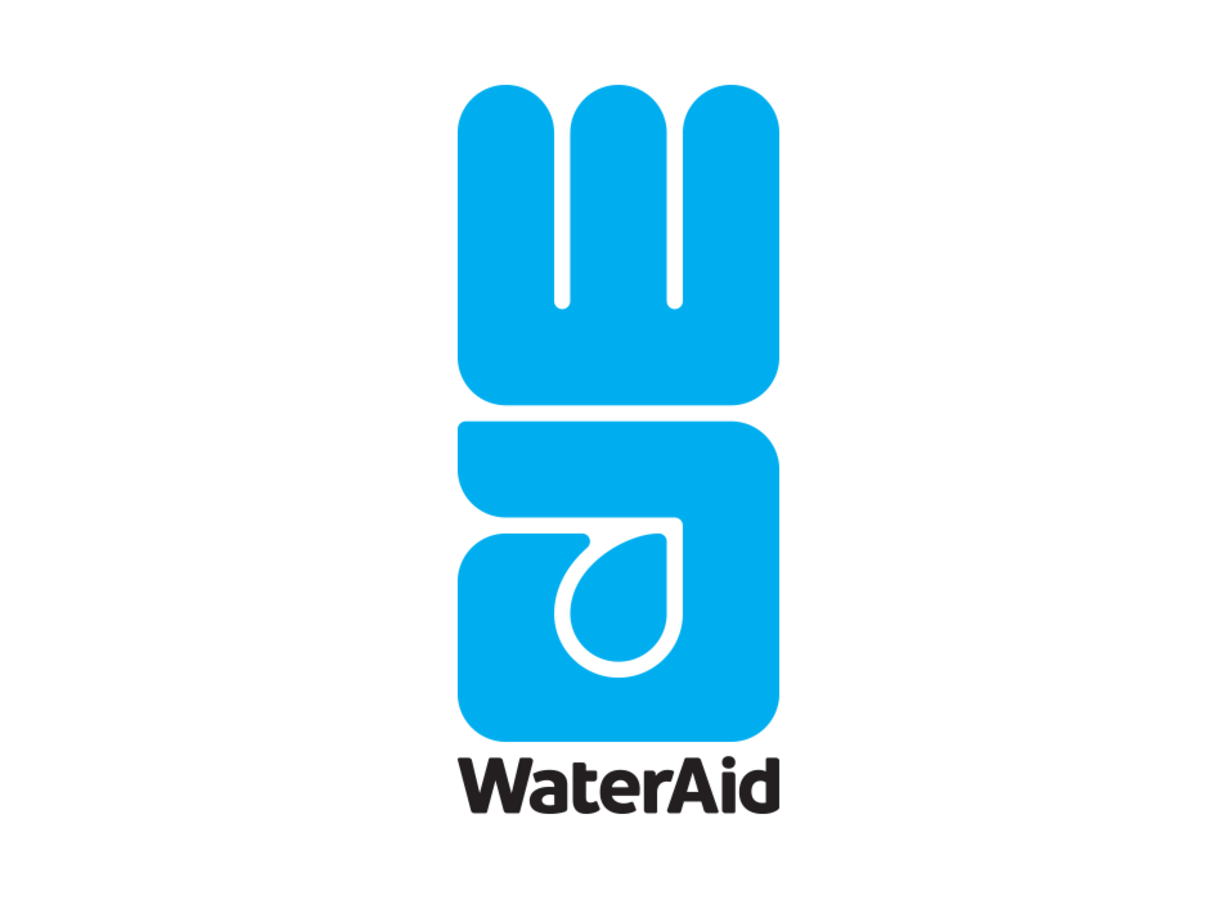Vodafone Epic Challenge Series - Talisker Whisky Atlantic Rowing Challenge
December 2023
Talisker Whisky Atlantic Rowing Challenge
The annual Talisker Whisky Atlantic Rowing Challenge begins in early December 2023, with up to 30 teams participating from around the world.
You’ll row more than 3000 miles west from San Sebastian in La Gomera, Canary Islands, Spain (28oN 18oW) to Nelson’s Dockyard, English Harbour, Antigua & Barbuda (17oN 61oW).
Distance: 3000 miles
Route: San Sebastian to Nelson’s Dockyard, English Harbour, Antigua & Barbados
Date: December 2023
Key Challenge Information
General
What is the Talisker Whisky Atlantic Rowing Challenge?
The annual Talisker Whisky Atlantic Challenge begins in early December 2023, with up to 30 teams participating from around the world. You’ll row more than 3000 miles west from San Sebastian in La Gomera, Canary Islands, Spain (28oN 18 oW) to Nelson’s Dockyard, English Harbour, Antigua & Barbuda (17oN 61oW).
Bringing together teams from all walks of life, rowers are united by the same objective: to take on the unique challenge of crossing an ocean in a rowing boat. Teams battle with sleep deprivation, salt sores, and physical extremes inflicted by the race. Rowers are left with their own thoughts, an expanse of the ocean and the job of getting the boat safely to the other side.
The race offers different experiences to all involved. Competitiveness gives way to the camaraderie that is required to complete the challenge. Upon finishing, rowers join a small community of friends that have shared the adventures of an ocean crossing. The mental and physical endurance will result in a life-changing achievement, that will never be forgotten.
What dates are the event?
The race start is in December 2023, usually departing on the 12th December (TBC). The race finishes in January. Teams tend to finish in January.
How long does the challenge take?
The challenge takes anywhere from 30 to 75 days depending on team size, team preparation/performance, boat selection, weather conditions etc. However, most 4 person teams take around 40-45 days. There are of course exceptions to this each year but that gives a rough guide.
How can I apply and when is the deadline?
Entry is now closed.
Will I get extra leave entitlement?
The race starts in December 2023 and most crews will arrive in late January 2024, so it crosses the holiday period.
We expect crews to take at least 10 days of personal leave allocation, and use their Group company volunteering allocation (5 from 2023 and 5 from 2024) for this fundraiser.
Nearer the time we will discuss with the company some possible discretionary time to complete this challenge, but crews may need to take some additional unpaid leave depending on how long they take to complete the row.
Training & Support
What experience of rowing is required?
To apply there is no set requirement for rowing or sailing experience. You will gain a huge amount of experience through your on-water training in the preparation to the race.
What training support will I get?
You will have support from Vodafone Foundation’s Ocean Rowing Coach Duncan Roy to prepare you and guide you with your on-water training.
Fundraising & Costs
What are the costs involved?
The Foundation will be contributing towards the core costs of the challenge, including purchasing and re-selling of the boat.
If you are selected to be part of the team, we ask that you pay a non-refundable deposit of £750 to secure your place and guarantee your commitment to Team Vodafone. Over the two-year campaign, we estimate that your personal contribution to costs will be approximately £8k. This is based on other team’s experiences – it is not an upfront cost and there will be opportunity to reduce this depending on your ability to negotiate deals with suppliers.
More information will be provided at the interview stage.
How much do I have to fundraise?
We anticipate each team member to raise £30-35k (including sponsorship). This total is based on the amount raised by previous teams that have taken on TWAC.
Where does my fundraising money go?
All money you raise is matched by Vodafone Foundation and channelled straight to the Foundation’s Your Planet Fund, to support charity programmes that are using conservation technology to protect our world.
All funds you raise will be split between Tusk (more information below) and an ocean charity of your team’s choice (subject to approval from Vodafone Foundation).
About Tusk: this UK based charity has a vision for a future in which people and wildlife can both thrive across Africa. Founded at the height of the last poaching crisis in Africa when 100,000 elephants were being slaughtered every year for ivory, they are on a mission to ensure we are not the generation that lets Africa’s unique wildlife disappear. Through progressive conservation initiatives using technology, the conservation of healthy habitats and involving local people in the solutions, Tusk are paving the way for a sustainable future for Africa’s incredible wildlife.
Cancellation and Insurance
What if I can no longer take part?
Full details on cancellation and insurance will be made available in early November, as part of the interview process. Vodafone Foundation will appoint reserves in the event that team members are unable to take part before an agreed date. If you leave the company you will still be able to take part provided you remain committed to the challenge.
Miscellaneous
How do you pack and what do you pack into that small boat?
Duncan Roy (Ocean Rowing Coach):The boat’s have a surprising amount of storage space onboard. There are multiple on deck storage lockers as well as different sized lockers inside the floor of the cabins. You carry everything you will need for the crossing from rations to life jackets and everything in between. The only thing you don’t take with you is water as you will make water every day with the onboard watermaker using solar energy. Though you will take some emergency drinking water of around 50 Litres.
Sara Brewer (Previous TWAC champion):There are compulsory items which Atlantic Campaigns will advise on – they are very detailed and precise instructions. As far as food is concerned, it is always good to pack some treats – these are excellent mood lifters when things get tough.
How do you handle sleeping, relaxing?
Duncan Roy (Ocean Rowing Coach): It takes most people around 3-5 days to adapt to the routine of ocean rowing. The most popular routine being 2 hours on/ 2 hours off for the entirety of the crossing. So, in any 24 hour period you will have 12 hours off the oars. There are boat jobs that need to be completed in off periods but generally you can sleep on most off watches. Your body will adapt to the polyphasic sleep cycle well but as mentioned earlier usually takes around 3-5 days to get into a nice rhythm with it.
Sara Brewer (Previous TWAC champion): There were times when I came off the oars, went into the cabin and fell asleep in my wet-weather gear, then woke up 20 mins later as fresh as though I had slept for 8 hours. There were times when I fell asleep at the oars, but a wave usually woke me up an instant later! Towards the end of the row it is difficult to sleep in the cabin as it is extremely hot, but usually there is no problem at all in going to sleep.
How do you manage the fear of the unknown?
Duncan Roy (Ocean Rowing Coach): You will conduct a huge and thorough amount of training in the 2 year build up to the expedition in Dec 2023 so you will have all of the skills, knowledge and experience you need to safely and effectively take on the Atlantic Ocean. This investment into your preparation will help manage the fear of the unknown. Granted there will always be things you can’t prepare for such as how you will feel when you first see an 8metre+ wave mid ocean but ultimately that’s what the adventure and the lure of the ocean is all about. It tests you, it stretches you and it gives you a huge opportunity to find out what you’re really made of.
Sara Brewer (Previous TWAC champion): I absolutely agree with all of the above. Fear is a tool, use it to evaluate risk.
How did you deal with sun exposure on the boat?
Duncan Roy (Ocean Rowing Coach): UV Tops, wide brimmed sun hats, wrap around sunglasses and sun cream are all great ways to protect yourself during the midday heat. You can also shorten shifts down during the hottest part of the day and have more/quicker changes.
Sara Brewer (Previous TWAC champion): I made a mistake with glasses, they were not wrap around and I suffered badly for a number of days – so please, please, take wrap around sun glasses.
Do you allow yourself any small luxuries?
Duncan Roy (Ocean Rowing Coach): Yes, It is important to take some small luxuries with you to aid morale. Weight does need to be considered at every step of the preparation phase otherwise you can end up carrying a lot of unnecessary weight with you which will ultimately slow you down but some small gifts for christmas are a great morale boost. Some food luxuries are a good one as they aren’t dead weight and can be used on the crossing. Letters from loved ones are a really impactful treat and don’t weigh much.
Sara Brewer (Previous TWAC champion): Letters from loved ones in particular will be read again, and again, and again – you will never tire of reading them. They are a much needed hug when you need it most.
What do you do about food and drink?
Duncan Roy (Ocean Rowing Coach): Your daily calorie intake will consist of around 3-4 freeze dried meals and a 24hr snack pack. The freeze dried meals just need boiling water adding to them and leaving for 15 mins to hydrate, they are actually really good and there’s lots of companies producing them now which offers a lot of variety. There’s lots of amazing vegetarian meal choices now as well as vegan meals too.
Food is calculated per person by their bodyweight and depending on the size of the team will determine the amount of days you need to account for. As an example a 100kg person in a 4 person team would need to account for 6,000 calories per day for 55 days. This 6,000 calories can be made up of freeze dried food and snack packs.
Water is made using the onboard watermaker/desalinator which is powered by solar energy. Usually people use around 5 litres per person per day for cooking and drinking. The desalinated water is actually really nice to drink. People do take squash for flavour to mix things up and people do take electrolytes to aid hydration.
Sara Brewer (Previous TWAC champion): Dried fruit, particularly dried mango, was for me a real treat.
What wildlife do you see?
Duncan Roy (Ocean Rowing Coach): I have been extremely fortunate to see some incredible wildlife; killer whale, minke whale, various types of sharks and dolphins, tuna, dorado, Portuguese man o’ war, storm petrel and various other birds that I am not sure what they were.
The most amazing thing I have seen though was during a period where at night time we had amazing bioluminescence in the water, every stroke we took the water would light up like it was sparks of electricity, we rowed into what I can only describe as a massive field of squid because all of these squid were lit up by the bioluminescence and it was truly breathtaking. We had a clear sky with no clouds and the view of the stars was phenomenal above us and the thousands of squid surrounding us. It was a night I will never forget and one that I will always be so extremely grateful to have witnessed.
Sara Brewer (Previous TWAC champion): When the weather got really bad and the petrels needed to rest at night, they often landed on the boat. At these times the boat often spun around and it was difficult to know which way we were facing. I soon learned that the birds did not like the wind blowing up their tail feathers so they would turn to face into the wind. By watching their movements I was able to steer a course. The sea creatures were very curious and trusting, it leaves a lasting impression and an overwhelming desire to protect them.
Do you always have a connection to someone (via radio)? And what do you do if that breaks?
Duncan Roy (Ocean Rowing Coach):Yes, you will have two satellite phones onboard and in addition teams usually take a device which gives them some means of email and/or photo/video sharing back to the shore based team and loved ones. It’s rare that people lose a satellite phone and if you did you have a second one as backup. In the event that you did somehow lose both sat phones you do have a VHF Radio onboard as well as a Hand Held VHF Radio, you also have a tracker on the boat that will send your position every 4 hours and you will also have two emergency beacons on board which in the event of an emergency will give off your position. So, there are plenty of comms onboard and methods to ensure the race organisers, shore team and loved ones know where you are and how you are doing.
Sara Brewer (Previous TWAC champion): We had no issue with communication via satellite phone, sometimes it is difficult sending videos back as the boat moves so much it is a challenge to keep a direct link with the satellite, but Vodafone should not have any comms issues …
Contact
Contact
If you have any questions at all about the challenge or your application, don’t hesitate to contact Hatty Carder at harriet.carder@vodafone.com.




